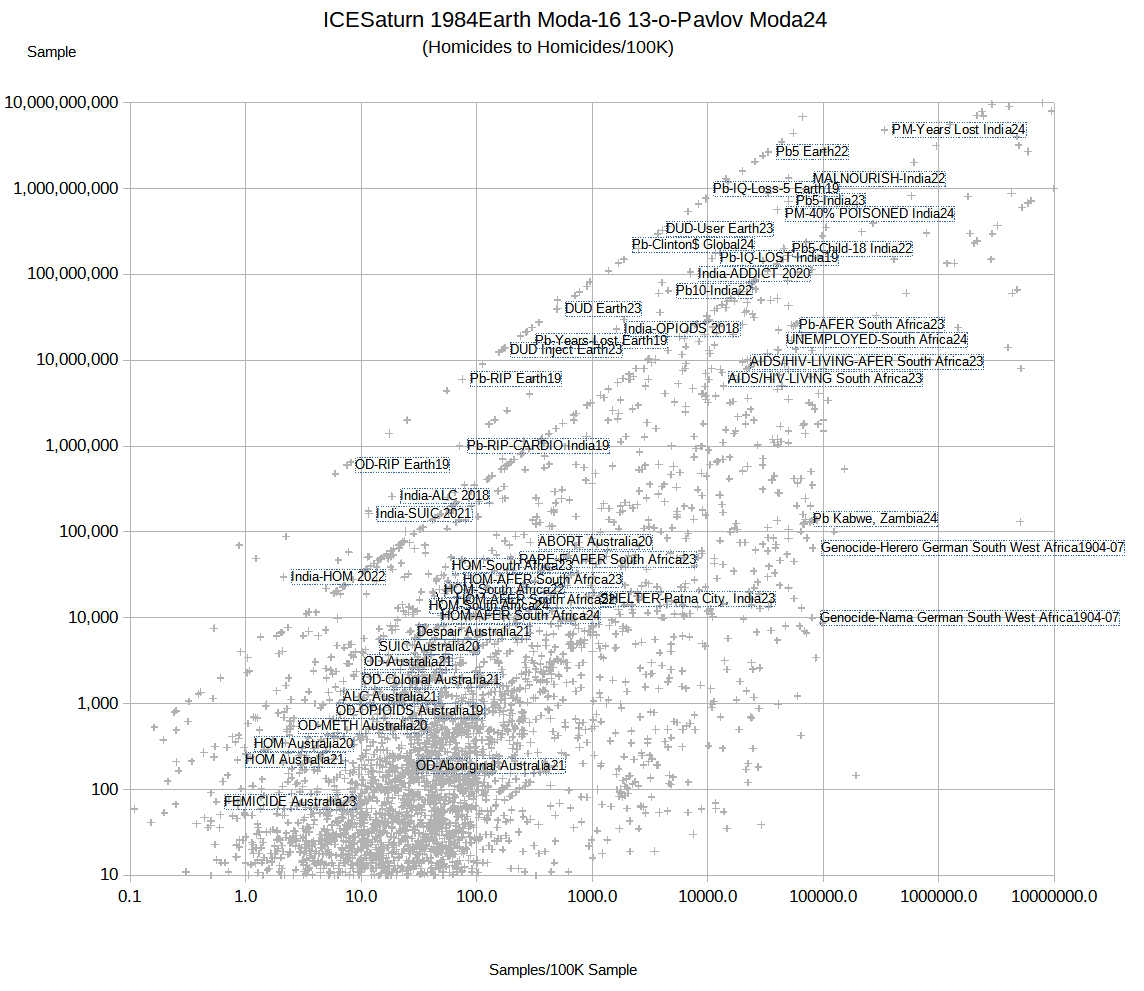
For victims of lead poisoning caused by mining, justice delayed is justice denied.
Residents of Kabwe in Zambia have taken to the UK’s House of Lords to press their claims against Anglo American, who they hold responsible for lead poisoning in the community.
Anglo American South Africa held a stake in the lead mine at Kabwe, formerly called Broken Hill, starting in 1925. Nationalisation led to Zambia Consolidated Copper Mines (ZCCM) taking over the mine in 1974, yet medical studies from as early as 1970 show high levels of lead in the blood of women and children in the local community. Failure to seal the waste from the mining operations, which ended in 1994, means that the lead pollution continues in Kabwe today.
Effect of lead poisoning on young brains
The school performance of local children has been undermined by the effects of lead poisoning on young brains, Kabwe community leader Barry Mulimba told the event hosted by the Labour Lord Peter Hain on 29 October. Mulimba’s grandson has been affected by the lead poisoning. “Our children can’t compete on the job market because their learning ability has been impaired,” he said. “Anglo American is squarely responsible for the situation.”
A class action on behalf of an estimated 140,000 victims is being presented in South Africa, where Anglo American South Africa was based. Lawyers for the plaintiffs also judge that effective redress in the Zambian courts would not be possible. In April 2024, the Johannesburg High Court granted permission to appeal an earlier ruling denying class action certification. The appeal will be heard in the South Africa Supreme Court of Appeal.
READ MORE Zambia’s plans for new critical minerals state company leave more questions than answers
Anglo American is not solely responsible for the pollution. ZCCM has acknowledged that the period from 1985 to 1989 was probably the worst period of pollution in the mine’s history. In 1989, ZCCM decided to settle legal cases against it out of court. The company says that Anglo American South Africa had a minority stake of about 10% in the mine. Though it provided technical services to the mine, which it says met the standards of the time, Anglo American argues that AASA did not own or operate the mine at any stage.
Many of the claims made by the plaintiffs are “subject to a degree of dispute”, Richard Morgan, head of government relations at Anglo American, told the event. “We don’t think we bear the prime responsibility. We are the most convenient to shoot at.”
‘Fingerprint’ evidence
Kabwe, which has a population of about 200,000, today remains one of the world’s most polluted places, said Stephan Böse-O’Reilly, a paediatrician at the University Hospital of Munich. Lead is one the most toxic substances on the planet and is particularly dangerous as it is absorbed into the human body without any way of noticing it. Even low levels of lead poisoning can reduce the Intelligence Quotient of children by 5%, he said.
Böse-O’Reilly was in no doubt that Anglo American shares historic responsibility. The “lead isotopes” which can be identified in the community, he said, are as clear as the rings inside a tree trunk or a fingerprint. The isotopes point to lead pollution which stretches back to the 1960s and 1970s, he said. Lead levels recorded among children in Kabwe today are “shocking to me as a paediatrician”, he said. “There is a clear need to remediate these areas.”
READ MORE Zambia: KoBold Metals discovery accelerates global race for critical minerals
Heads of argument for the class action appeal are now being prepared, Richard Meeran, a partner at Leigh Day, told the event at the Lords. The plaintiffs are represented by law firm Mbuyisa Moleele Attorneys, with Leigh Day acting as consultant. Meeran hopes the appeal will take place in the first half of 2025.
Meeran said the size of the AASA 10% stake is a “red herring” as even a small financial investment can entail operational responsibility. Even a decision to let the class action proceed would leave a decision on the substance of the claim still to be made. The slow pace of the legal process in South Africa, he argued, works against the victims, with the number of people affected by lead poisoning in Kabwe continuing to increase. “Justice delayed is justice denied.”
By David Whitehouse Posted on October 31, 2024 11:03

Comments